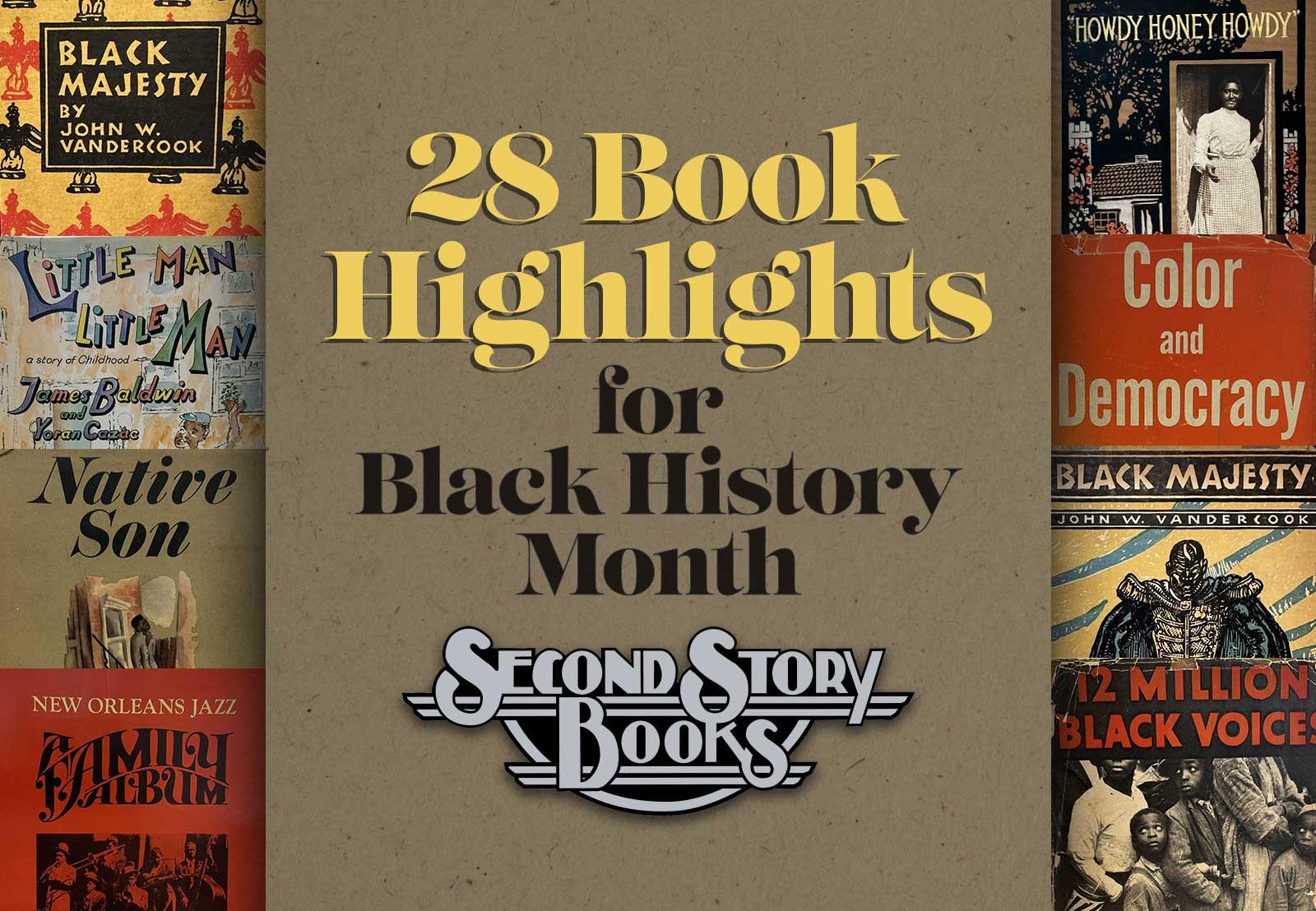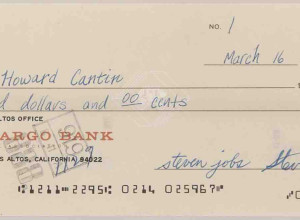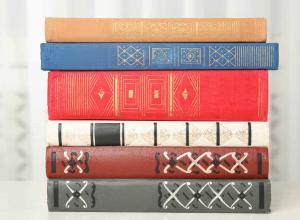10 Black Authors to Know, Read, and Collect
Black authors have had a huge, under-acknowledged, impact on global literature. Here are ten black American authors whose work may be unfamiliar to many, but deserve to be known and celebrated by all. These journalists, poets, novelists, and civil activists from the 19th and 20th centuries have helped shape literature as we know it.
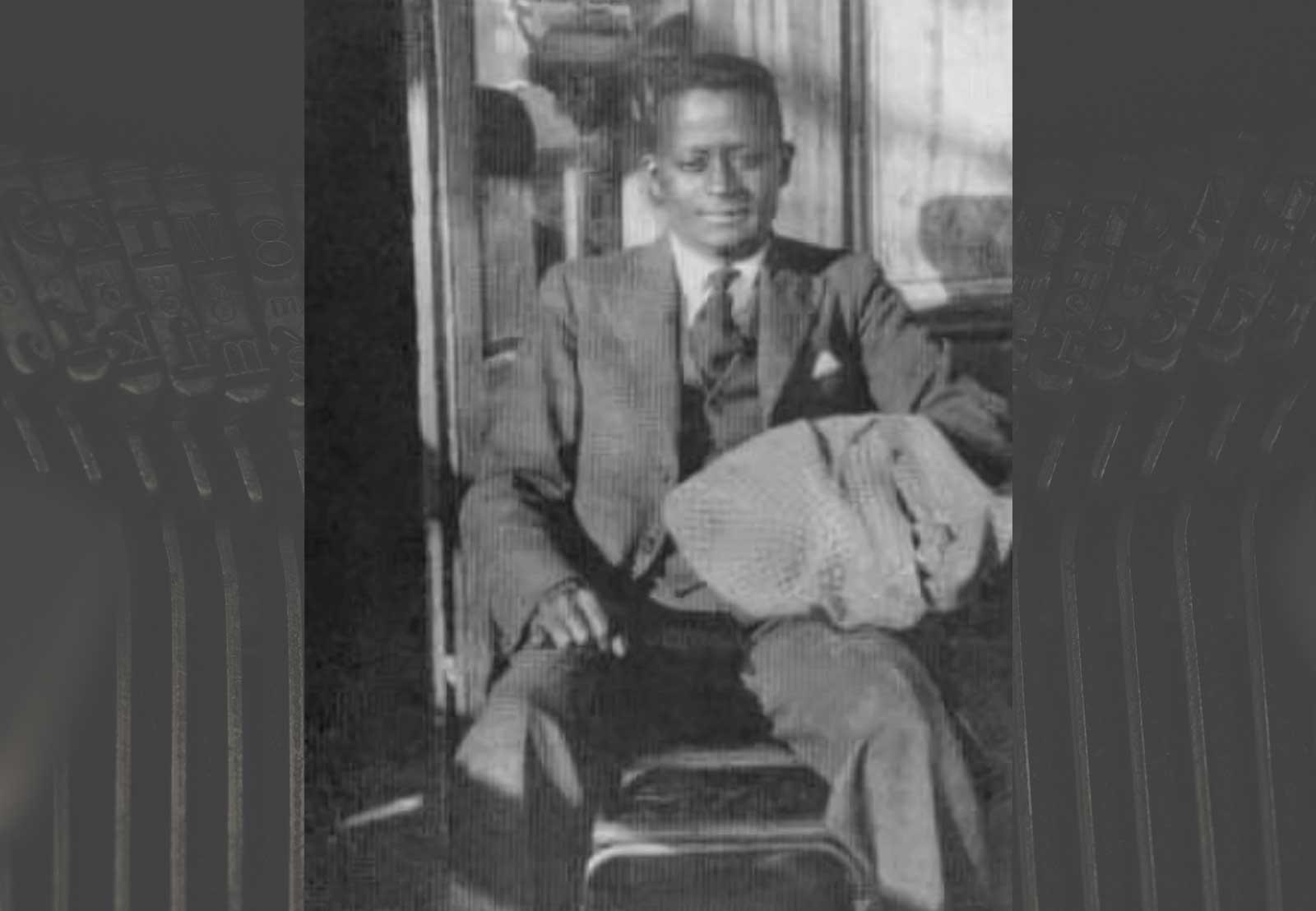
Born in British Guyana, writer Eric Walrond (1898–1966) spent his childhood in Barbados and the US-controlled Panama canal zone, relocating to New York in 1918. Inspired by the cultural explosion of Harlem, Walrond wrote short stories capturing the Caribbean-born immigrant experience. Published in many major magazines and news outlets, his work earned a number of accolades, including the Harmon Award in Literature and a Guggenheim Fellowship. Walrond moved to London in 1927. While hoping to further his writing career, he worked primarily as an accountant. While modern audiences are sadly unaware of most of his work, his book Tropic Death (1926) is still cited as an integral part of the Harlem Renaissance.
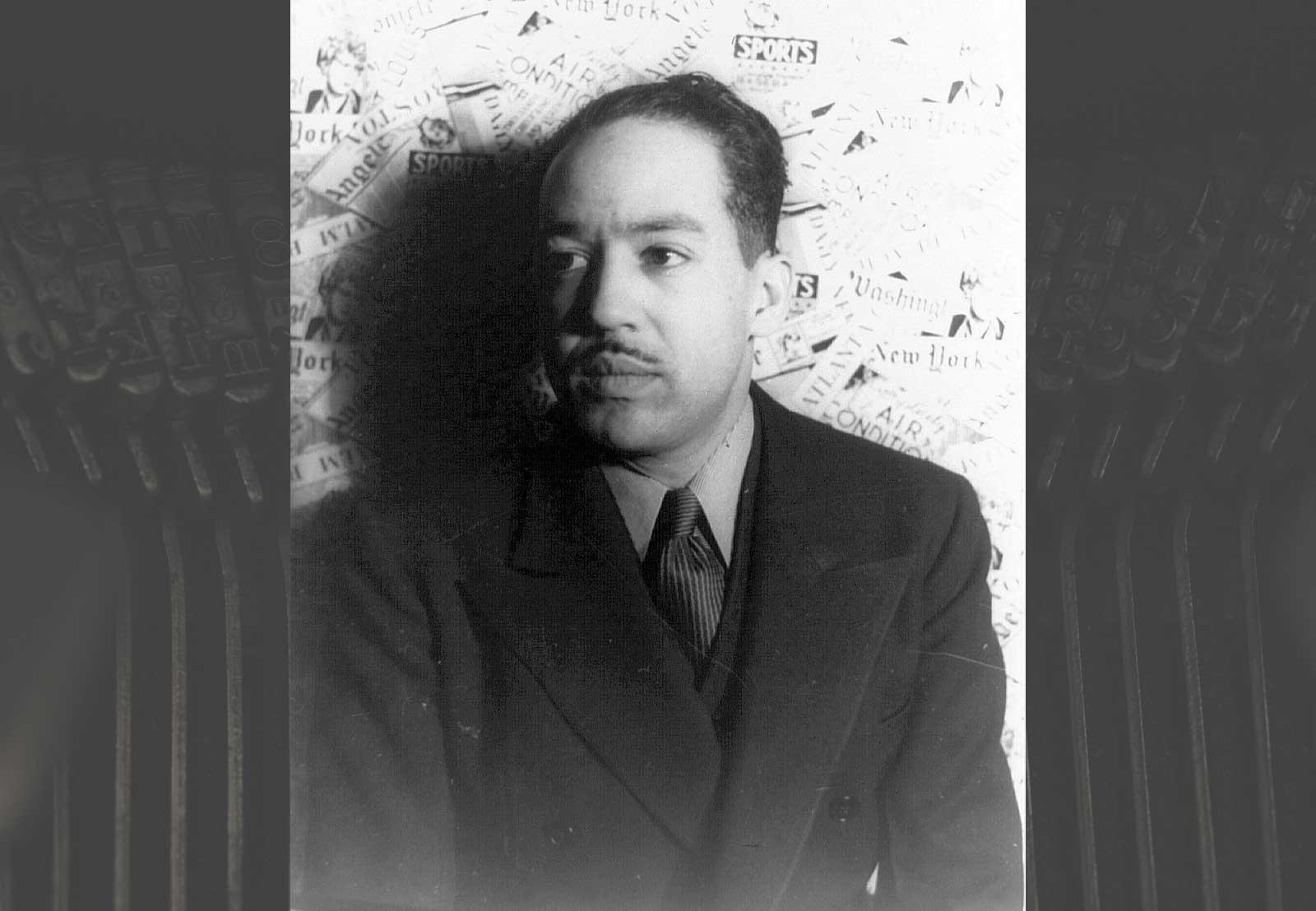
Renowned poet, social activist, novelist, playwright, and columnist Langston Hughes has name recognition. But how many people actually read his work? Born in Joplin, Missouri, Hughes (1901–1967) started writing poetry while in high school in Ohio. Moving to New York as a young man, he swiftly became a leader of the Harlem Renaissance. Particularly passionate about the importance of jazz as a uniquely African-American cultural experience, Hughes frequented nightclubs, collaborated with musicians, and even wrote a children’s book about jazz. Inspired by the syncopated rhythm and jiving linguistic style, Hughes created the literary art form of jazz poetry. After his death, the New York City Preservation Commission gave his Harlem home landmark status; it has been renamed “Langston Hughes Place.”
28 Highlights for Black History Month 2023
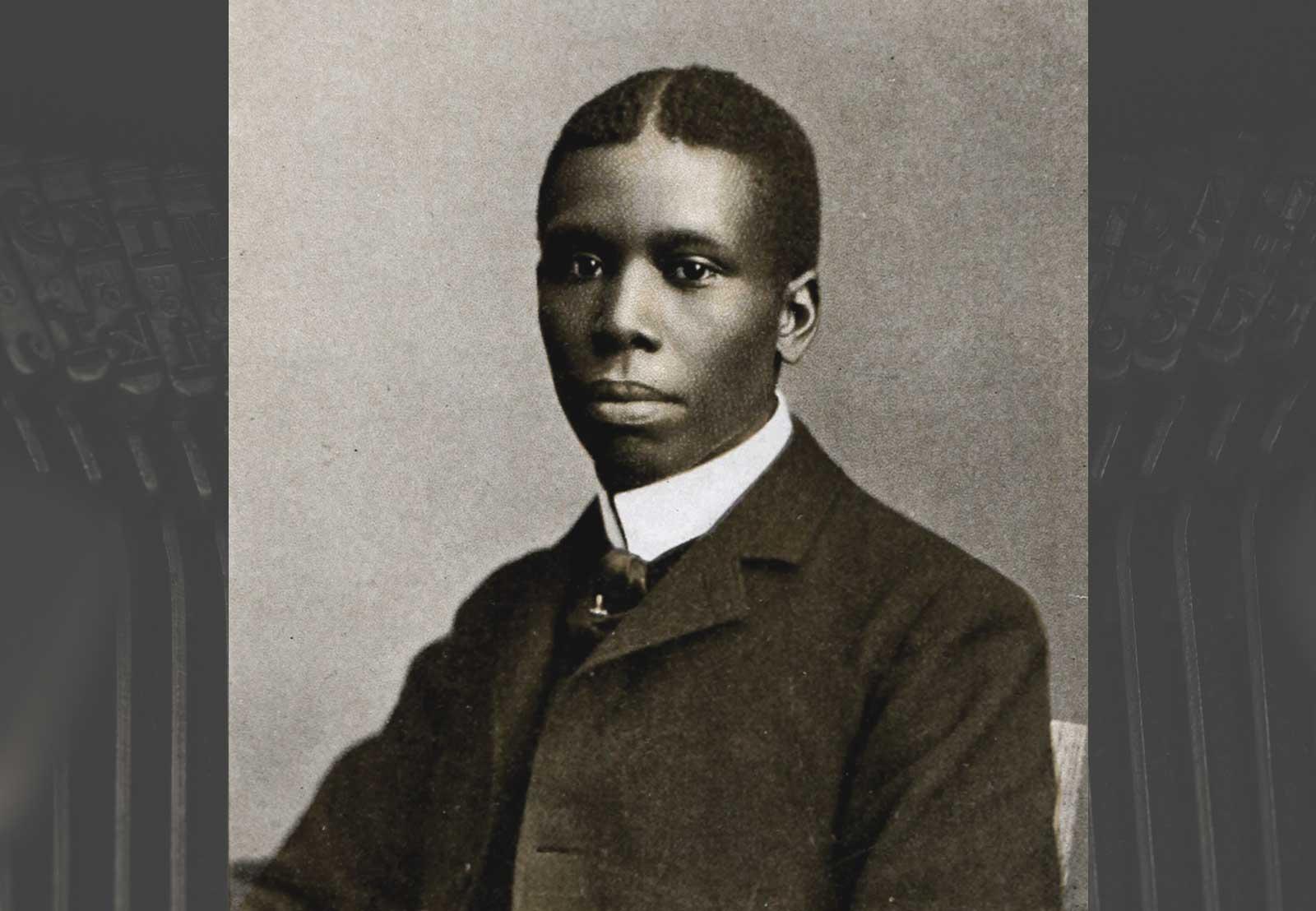
Born free to formerly enslaved Kentuckians, Paul Laurence Dunbar (1872–1906) was the premiere black poet of his time. Groundbreaking and talented, Dunbar published his first poem at age 14. Financially unable to attend college, he self-published his first collection while working as an elevator operator. His work quickly gained a following. Both popular and critically acclaimed, Dunbar had successful reading tours throughout the US and Britain―where he collaborated with Samuel Coleridge-Taylor on an operetta. Criticized by some later historians for seeming to uphold racial stereotypes, Dunbar has been championed by others including poetic powerhouse Nikki Giovanni. His dialectic verse collections brought him international acclaim but were only a small part of his work which included novels, short stories, essays, and standard poetry. Dunbar’s impressive oeuvre captured black life in turn-of-the-century America, revealing both its joys and tragedies.
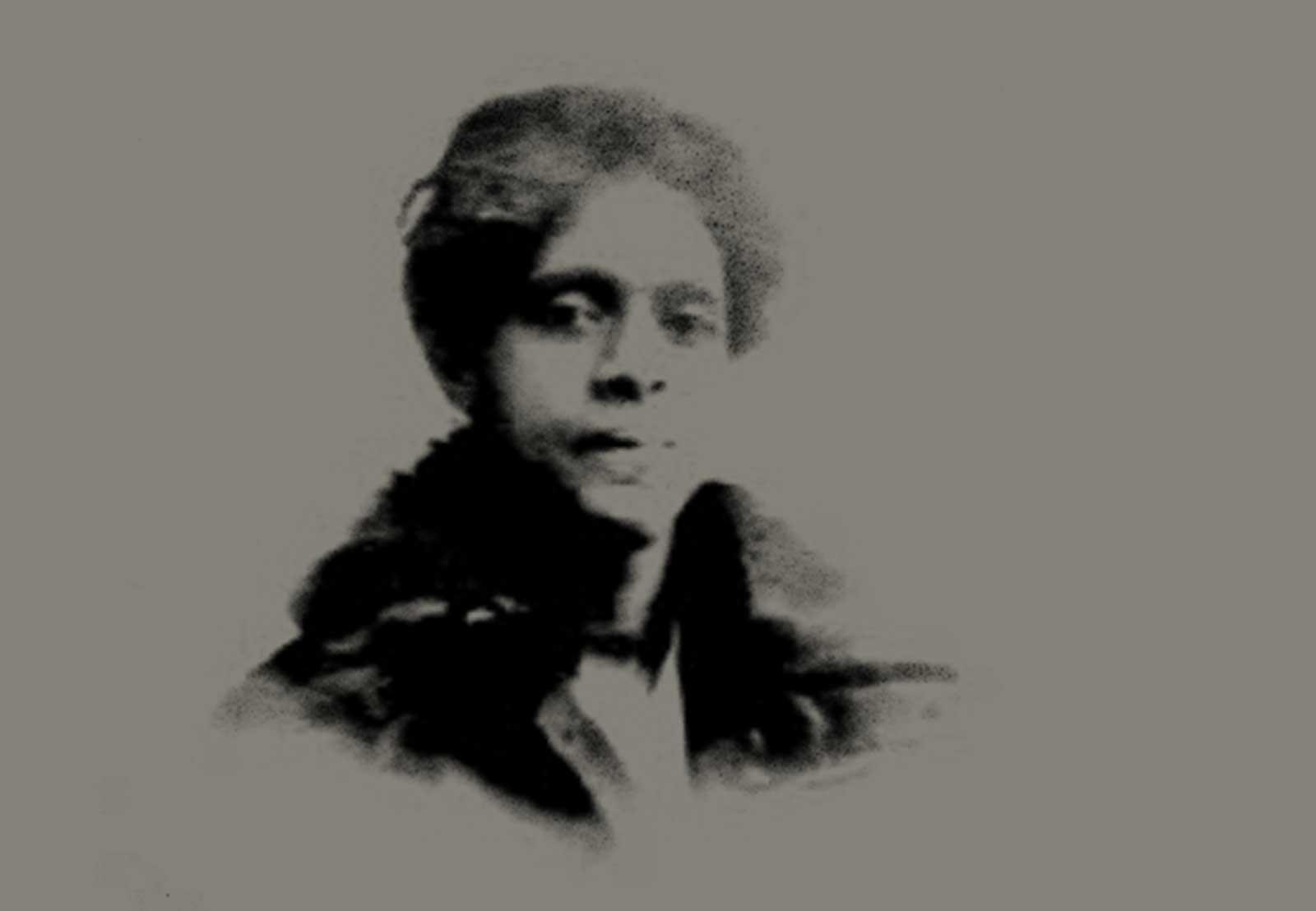
From a free black family, writer and educator Addie W. Hunton (1866–1943) worked tirelessly for peace, gender and racial equality, and civil rights. The first black woman to graduate from the Spencerian College of Commerce in 1889, Hunton worked for social justice through the YWCA. She married William Alphaeus Hunton Sr, the first paid black YMCA secretary and worked full-time while raising two children. Their son, William Alphaes Jr became an important civil rights activist. An overseas volunteer during WWI, Hunton provided entertainment and literacy programs for segregated black troops stationed in France, co-authoring two books chronicling those wartime experiences. A lifelong political activist involved in multiple organizations including the NAACP, she was honored at a ceremony at the 1939 New York World's Fair.
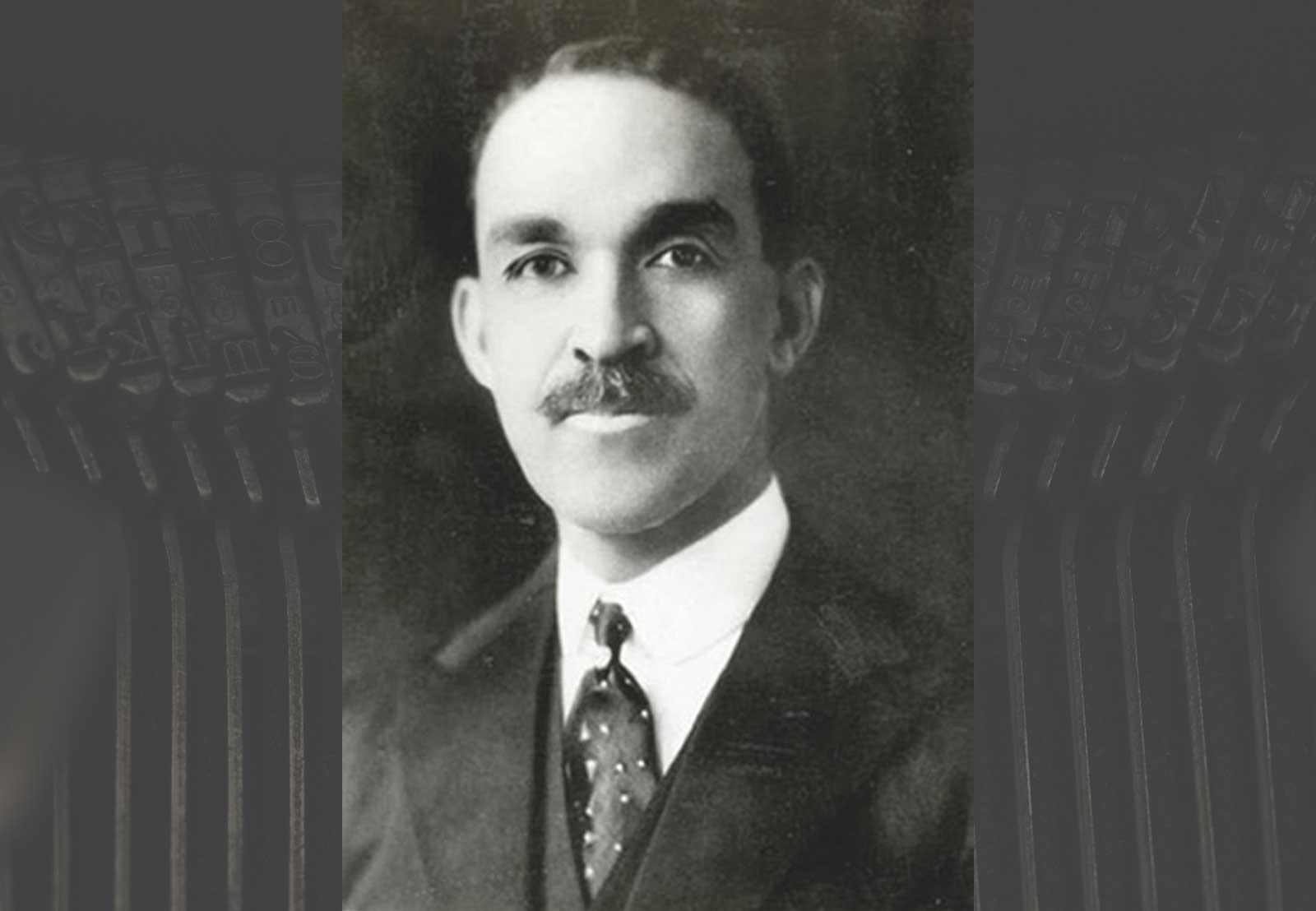
Poet, author, and educator Benjamin Griffith Brawley (1882–1939) is best known for his prose; inspired by a student complaining about the lack of black representation, he wrote history books centering on the black experience, several of which became standard college texts. Highly intelligent, he started college at age 13 and got bachelor's degrees from two different universities and an MA from Harvard. Briefly an ordained minister, Brawley preferred the educational arena and focused on teaching. A prolific writer, he contributed essays, articles, papers, poems, and songs to multiple prestigious news outlets, and published a number of books. A seasoned educator, Brawley helped transform Atlanta Baptist Seminary into Morehouse College. He spent his last eight years as head of Howard’s English department.
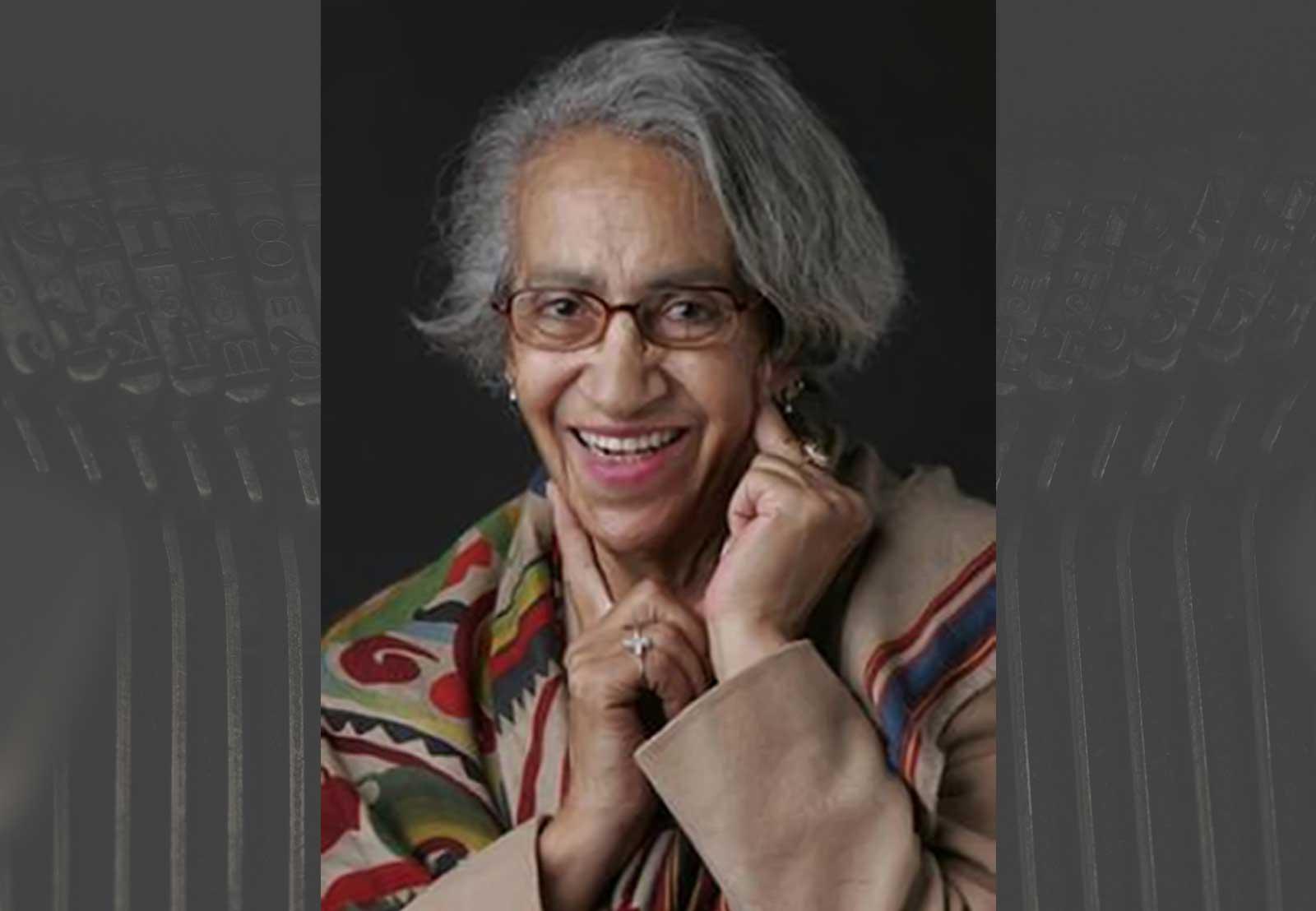
Playwright and author J. (Joan) California Cooper (1931–2014) chose "California" as her pen name, inspired by Tennessee Williams. Named Black Playwright of the Year in 1978 for Strangers, she wrote 17 plays over her career. Encouraged by acclaimed poet and novelist Alice Walker who compared her work to Zora Neale Hurston, Cooper also wrote short stories. Her insightful, intimate stories share the trials and tribulations of troubled people trying to do right. Two of her short story collections won National Book Awards, and Cooper’s short story, Funny Valentines, was adapted into a 1999 TV movie, starring Alfre Woodard and Loretta Devine.
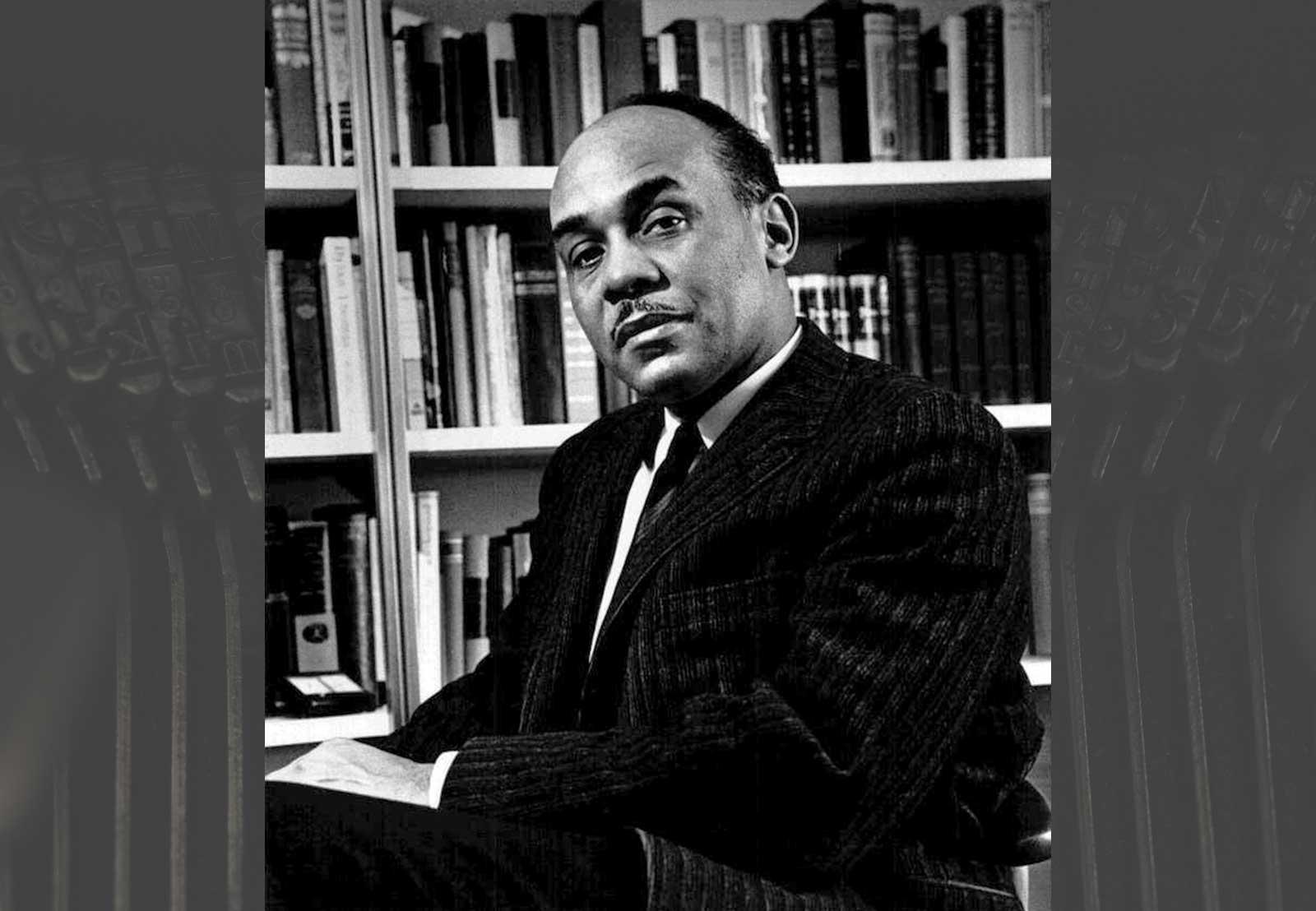
Writer, literary critic, and scholar Ralph Ellison (1913–1994) is best known for his novel, Invisible Man, which won the National Book Award in 1953. This innovative bildungsroman follows the harrowing adventures of a nameless young Southern Black man. He wrestles with social expectations, institutional racism, and culture shock, first as a naive, idealistic student, and then as a frustrated rebel in the vast cityscape of New York, where he appears to be invisible to everyone. Ellison infused classic literary motifs with modern Black speech and culture, while examining contemporary African-American identity. He also published two collections of essays. His second novel, Juneteenth, was published posthumously.
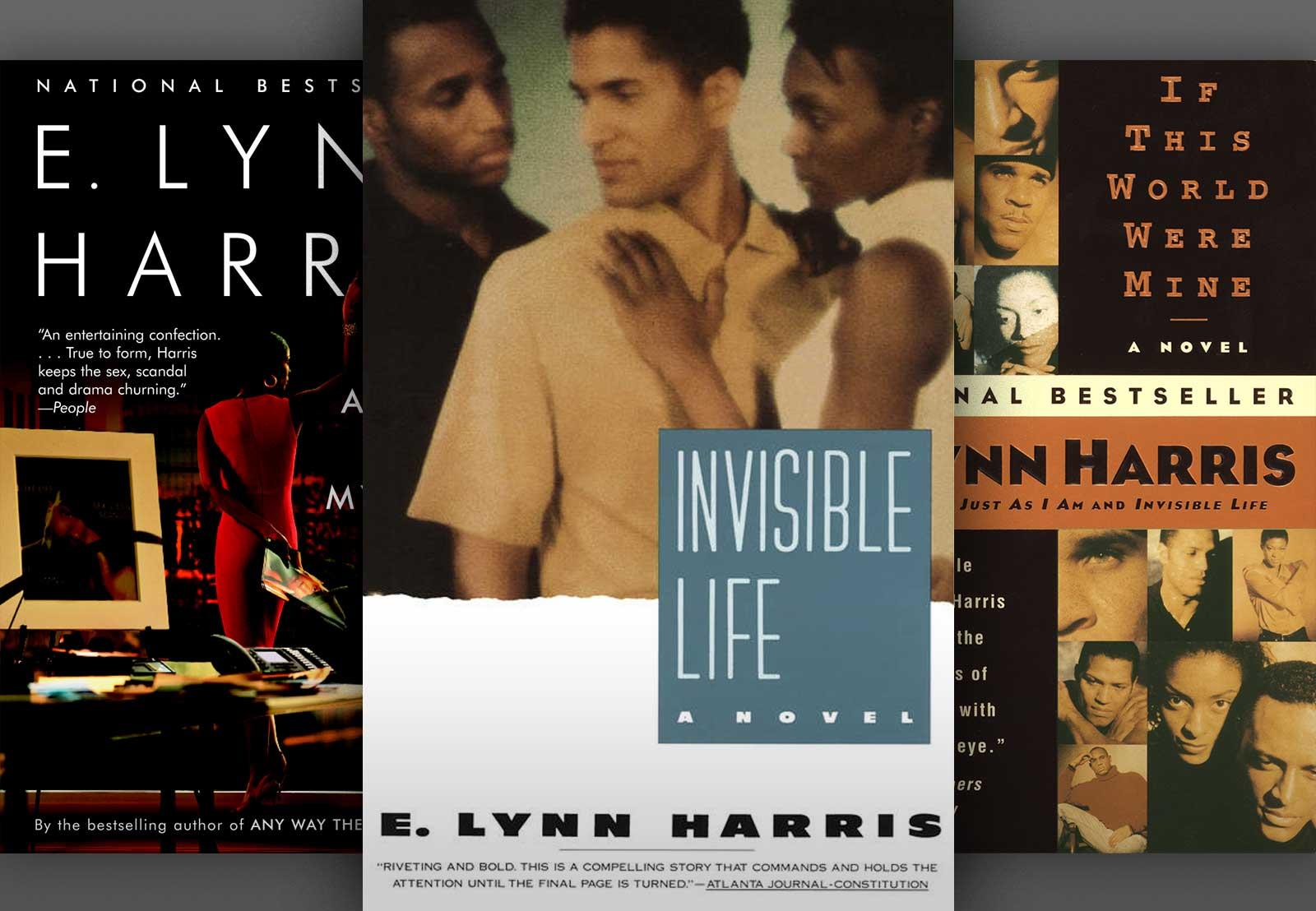
Author E. Lynn Harris (1955–2009) spent years working for IBM before writing a book to deal with depression over being closeted. Now famous for being openly gay, Harris was shamed and abused over his homosexuality while growing up, so it took courage and time for him to go public. After his first book’s initial rejection, Harris self-published Invisible Life, selling it at black-owned bookstores, beauty salons, and book clubs before being “discovered" by Anchor Books. His books chronicle the emotional lives and romantic complications of gay and bisexual African-American men who were often closeted or “on the down low.” He went on to write ten New York Times bestsellers.
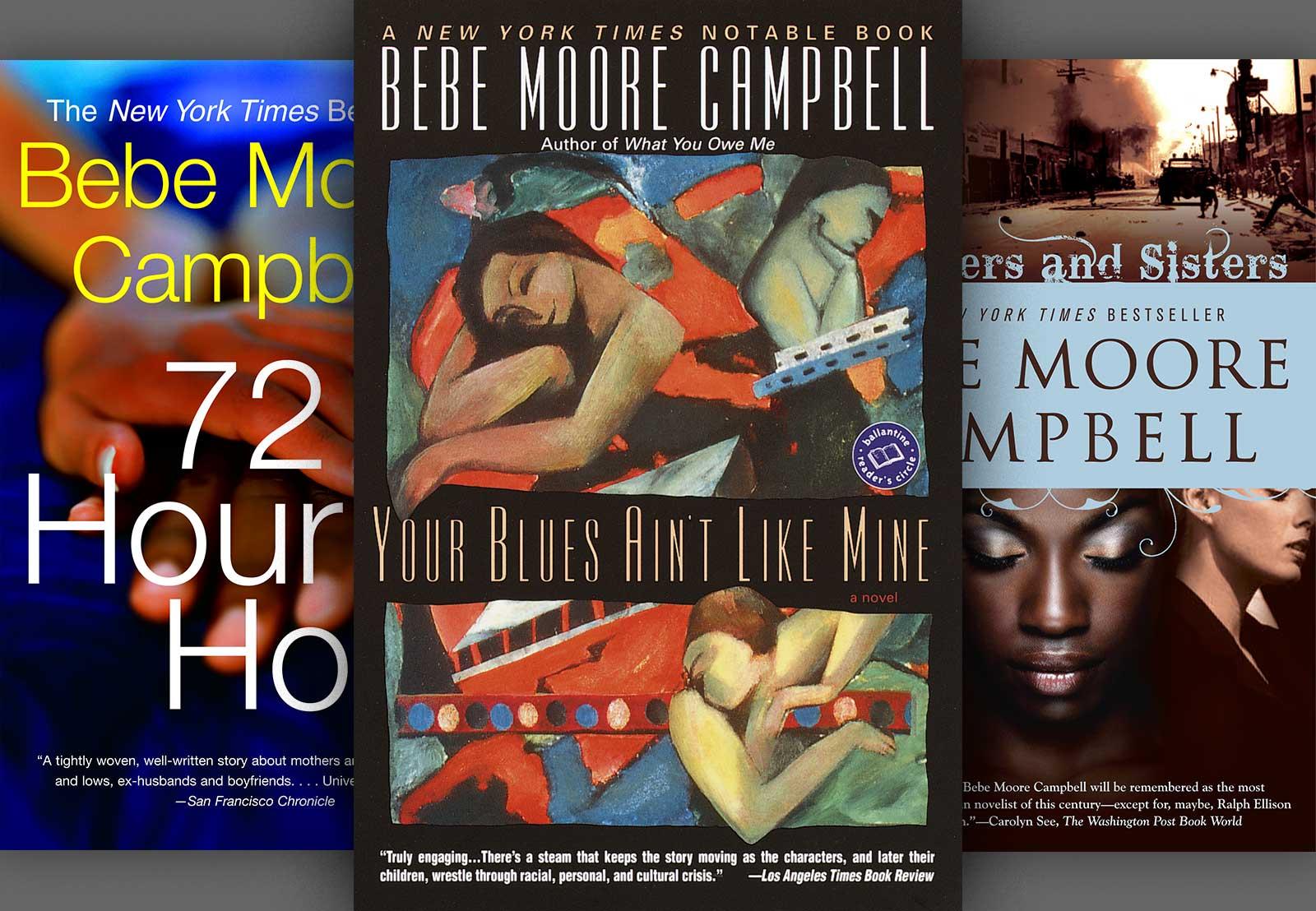
Author, journalist and teacher Bebe Moore Campbell (1950–2006) examined the harmful effects of racism on people’s psyches and relationships in much of her work. Her most critically acclaimed book, Your Blues Ain't Like Mine, was inspired by the murder of Emmett Till, and traced the impact of a 15 year old’s race-based murder on his family and community. Winner of the NAACP Image Award, it was also a New York Times Notable book for 1992. Brothers and Sisters, an instant best seller, was inspired by the police brutality against Rodney King. A mental health advocate, many of her works also normalized mental health issues and care. She actively sought to create safe spaces for black people to discuss mental health issues in. Her essays, articles, and excerpts are frequently anthologized.
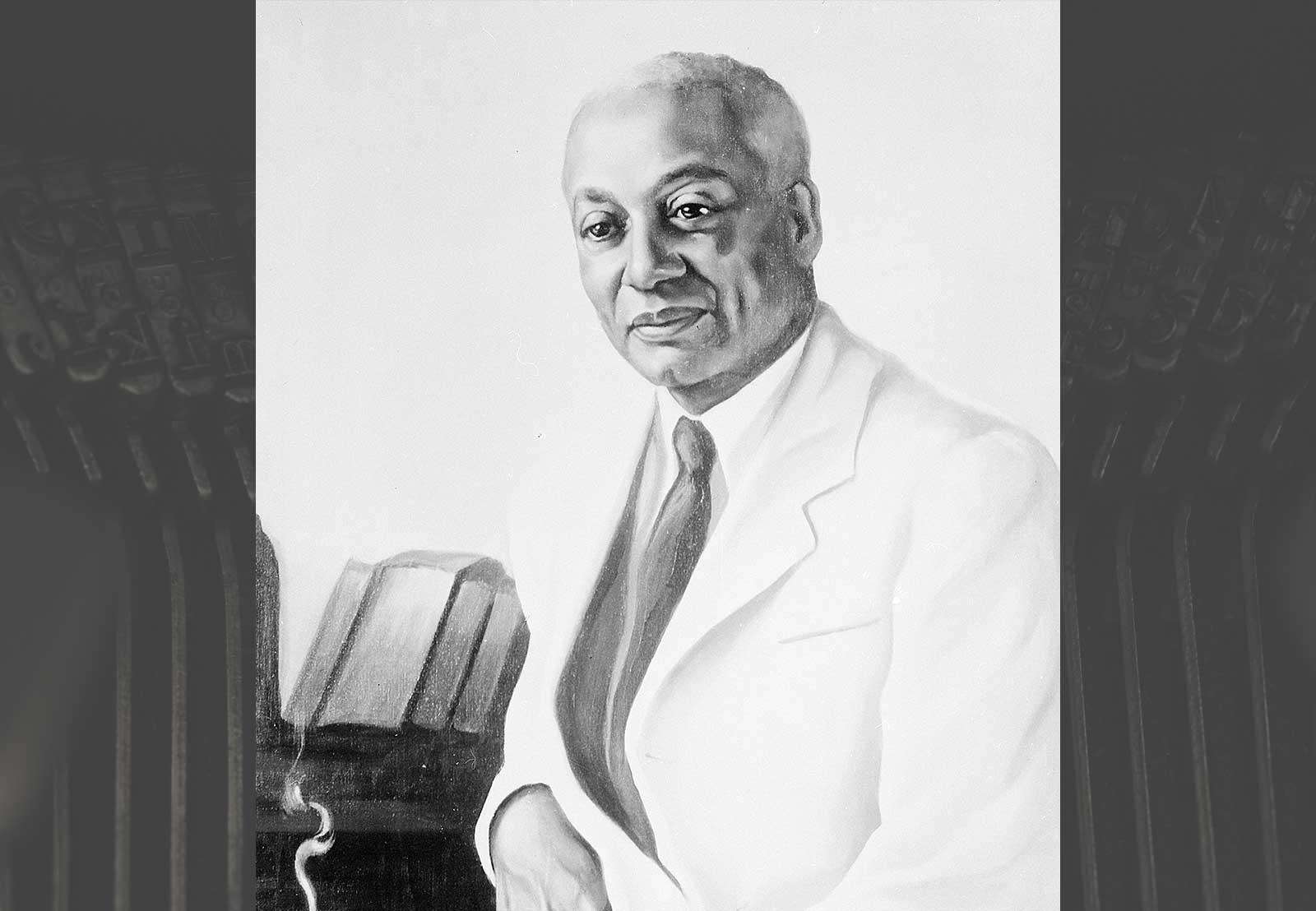
American educator, writer, and philosopher Alain Locke (1885–1954), was the engine behind the Harlem Renaissance. A Harvard graduate and the first Black Rhodes scholar, Locke studied at Oxford and the University of Berlin. After getting his Ph.D, he taught for almost 40 years at Howard University and wrote regularly about black historical figures for Britannica. Intensely interested in safeguarding and encouraging the growth of black culture, Locke mentored artists and writers. He reviewed their work in major periodicals and edited a special Harlem issue for Survey Graphic (March 1925). It was later expanded into The New Negro (1925), an anthology of fiction, poetry, drama, and essays that brought the Harlem Renaissance to everyone’s attention.




